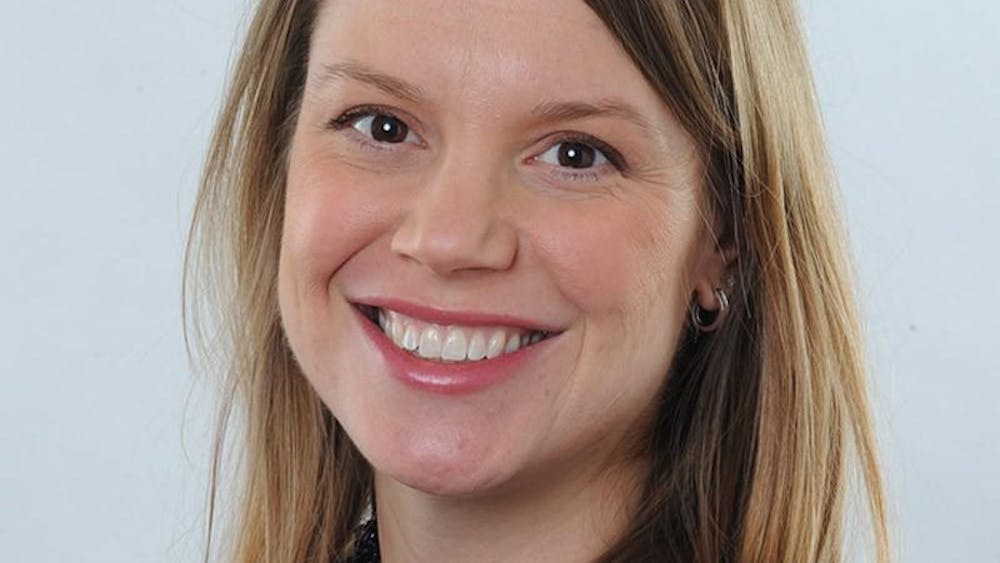The hijab.
What is usually the first thing that comes to mind when you hear the word? Be honest with yourself. No one can hear your thoughts. Do you know what a hijab is? Do you know why it has to be worn?
If you don’t know this, it’s OK. But in light of the recent law banning French Muslim women from wearing the “burqa,” and the ban on the hijab – that has been in place since September 2004 – I think it is important to know a little bit more about what is going on in France and with the many Muslim women living there.
In September 2004, former President Jacques Chirac imposed a specific law forbidding people from showing any signs of religion – including the Islamic headscarf (veil), Jewish Kippa, and the Christian cross – in schools. This law, which was originally known as the secular law, is now also known as the “veil law.”
Small signs of religious affiliation are allowed, such as a small cross, Star of David or hand of Fatima, but nothing else. Because the hijab is considered an outward showing of religion, it was banned in public schools.
According to the current president of France, Nicholas Sarkozy, “we are a secular state.”
Now, I hate to disagree with President Sarkozy, but the United States is also a secular state, and people are not denied the right to dress according to their religious belief.
They are not denied any sort of privilege because they wear a headscarf, and they have not had fewer opportunities in life because of it.
If the hijab hasn’t stopped them from achieving their goals, why should it matter in a country such as France?
It seems, however, France’s being a secular state is not the only reason for the law. President Sarkozy also addresses the so-called problem of the hijab/burqa by saying, “It’s a sign of subservience, a sign of debasement…
“In our country, we cannot accept that women be prisoners behind a screen, cut off from all social life, deprived of all identity.”
How exactly does he know women are being forced to wear the hijab?
Did he ask the women if they are being forced?
Did he get some sort of opinion, since France is a democratic country?
If he had, then he would have been told Muslim women who cover are doing so out of choice, not force. A covered Muslim woman chooses to wear the hijab because it defines her as a Muslim. It is her way of expressing herself, just as a Goth wears all black or a nun wears a habit.
Belgian Senator Alain Destexhe said, “We want individuals to be integrated, and we want Muslim women to be viewed and treated as equals.” Destexhe was not the only person to express this. But since it was mentioned by him, it is quite necessary to say – all women in America, Muslim or not, are ‘viewed and treated as equals,’ regardless of what they wear.
Wearing a headscarf here does not stop a woman from receiving a proper education or a well-paid job. Speaking as a Muslim woman who wears the hijab, I can safely say I have never been treated differently because of the way I dress.
Not only that, but laws restricting the way a women should dress goes against the French view of freedom of expression.
According to an Untap’d article on July 27, 2009, “Telling someone to remove her Hijab…… in the name of unity is like telling everyone of colored skin to turn white. It would make the world a boring, unreal place.” I couldn’t agree more.
So, if the United States, also a secular state, is able to treat its citizens equally, no matter their beliefs, without making a hijab ban, then I think a country like France can do it as well.









